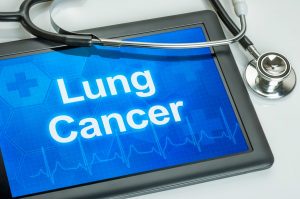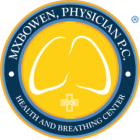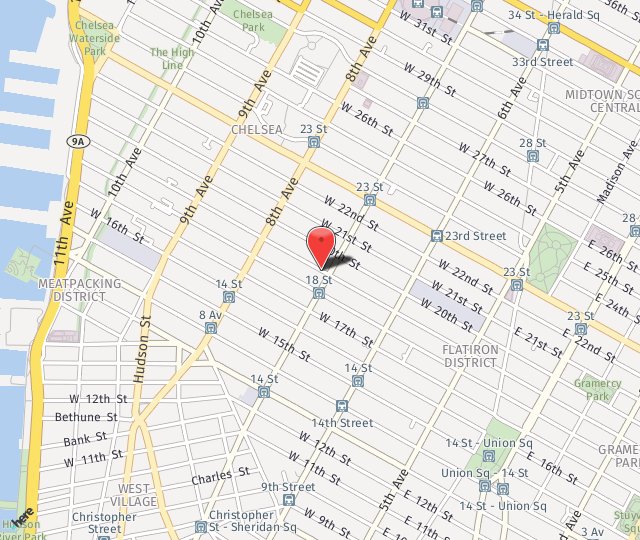
In this blog, New York City pulmonologist Dr. Marc Bowen of MXBowen, Physician P.C., Health & Breathing Center, explains more about lung cancer screening and when it’s recommended.
What is lung cancer screening?
Lung cancer screening involves testing for the disease in patients who have no symptoms or history of lung cancer. The only recommended screening test for this disease, according to the Centers for Disease Control and Prevention (CDC), is a low-dose computed tomography (CT) scan.
This test uses an X-ray machine combined with low doses of radiation to create pictures of the lung. It enables doctors to see tiny spots on the lungs, which can help them detect 85 percent of lung cancers in their earliest stages. This enables treatment to begin as soon as possible when the cancer is still at its most treatable stage.
When is lung cancer screening recommended?
This type of screening isn’t recommended for everyone, but Dr. Bowen advises patients who are at risk for the disease to undergo regular screening. Risk factors include:
- Being 55-80 years old
- Being a current smoker
- Having smoked before but quit within the past 15 years
- Having a history of heavy smoking (an average of a pack a day for 30 years, for example).
In addition, certain other risk factors may be considered, including your cancer history, a family history of lung cancer, exposure to radon or asbestos, and history of chronic obstructive pulmonary disease (COPD).
Screening may also be recommended if you have symptoms such as an unexplained chronic cough.
What are the benefits of lung cancer screening?
- It has the potential to save lives by finding 85 percent of lung cancers when they’re at their earliest, most treatable stages
- The amount of radiation you’re exposed to is minimal
- A CT scan is more effective at detecting cancer than a chest X-ray alone
- This type of scan is non-invasive and can help you avoid more invasive procedures and additional tests
If you smoke, have a history of heavy smoking, or have other risk factors for lung cancer, contact Dr. Bowen’s office today for an evaluation. He’ll talk with you about your individual history and current health and will determine whether lung cancer screening is recommended in your particular case.












